It is well documented that animals in the wild have natural instincts for picking and choosing the herbs they need for not only the healing properties but also to promote health.
My goats would browse herbs (weeds) in the pasture and canyons when we went on our hiking trips with them, nibbling and tasting and choosing which plants were at the right growth phase for their needs.
Dogs in the wild are able to do the same thing. I've seen them consume large quantities of wild sandhill plums, cactus fruits, and grasses.
The Gypsy people, in their many travels, became experts on herbal medicines for man and beast alike. Juliette De Bairacli-Levy learned herbalism from the Gypsies and helped many farmers and pet owners bring their animals back from the brink of death to full health.
Our dogs today do not have access to the many herbs of the field like their wild cousins, but you as the owner can learn what their needs are and grow your own Dog Herbal Garden! Herbs used in addition to a species-appropriate diet will promote the health of your dog.
Here is a list of basic herbs that you can grow in your garden. You can add many of these to your dog's diet daily to promote health and prevent disease.
RELATED: Starting With Organic Vegetable and Herbal Gardening
Grow a Dog Herbal Garden | 10 Medicinal Herbs for Dogs
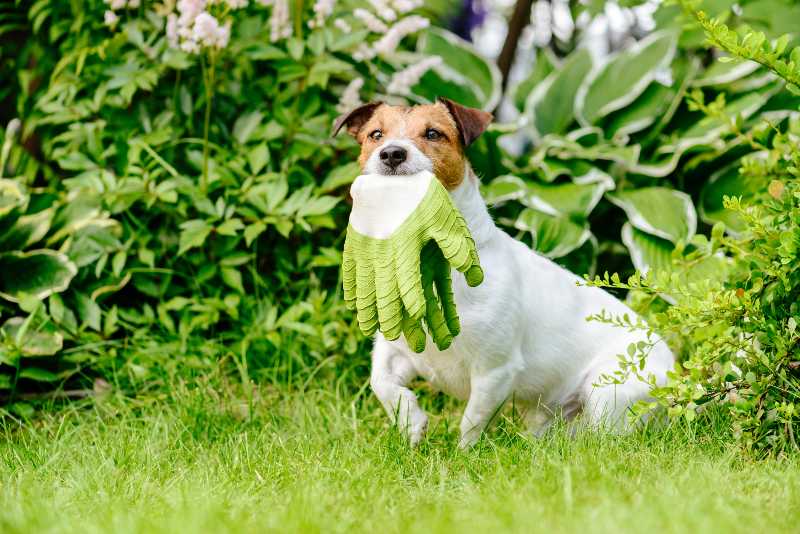
Garlic

Fresh garlic wards off disease and is potent enough to kill fungi and bacteria. Garlic has antibiotic, antifungal, antiviral, antiparasitic, and even anti-cancer properties. It also regulates blood sugar levels.
Dandelion
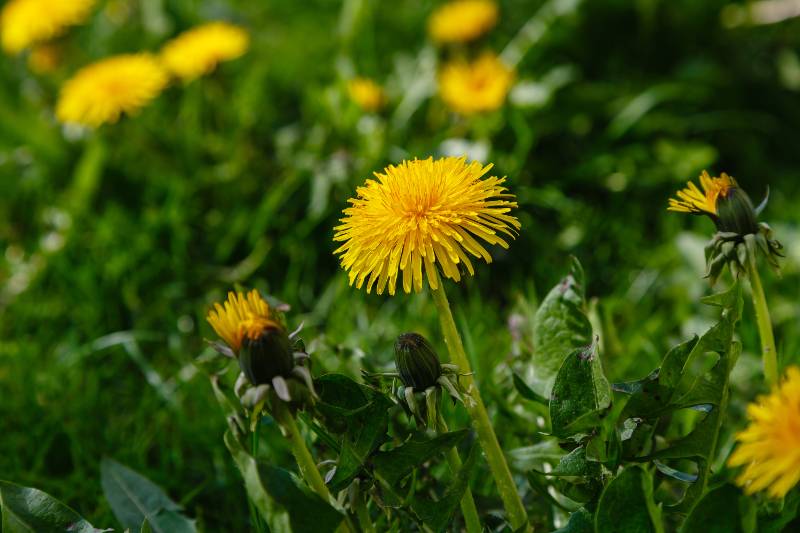
Use the whole plant as a nourishing herb for the liver and kidneys. Dandelion is an excellent source of potassium and is used as a powerful diuretic. As it removes excess fluid from the body, it replaces potassium that is lost in the process.
Chamomile
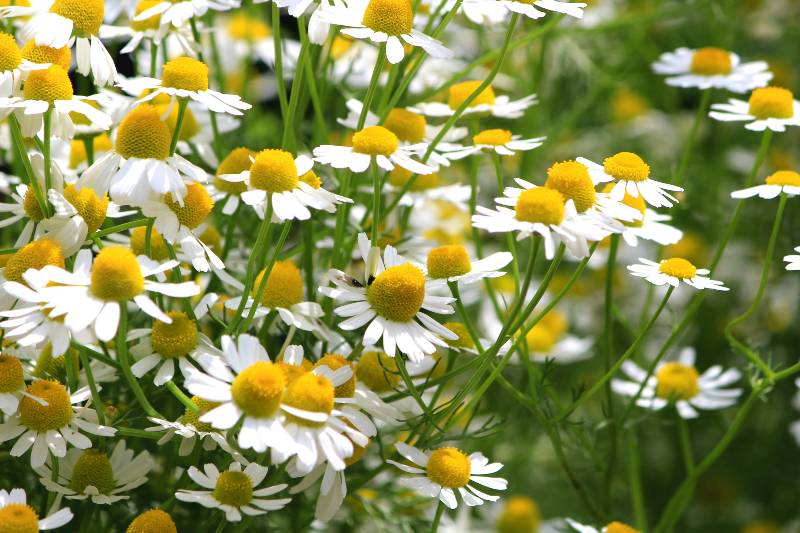
A calming herb, chamomile is beneficial for the nervous adolescent stage of your dog's growth. Made into a tea, it eases teething pain in puppies and can help older dogs sleep more peacefully at night when they are prone to pacing the house. It's a soothing digestive aid, cleanses the blood, heals skin rashes and speeds wound healing.
Calendula
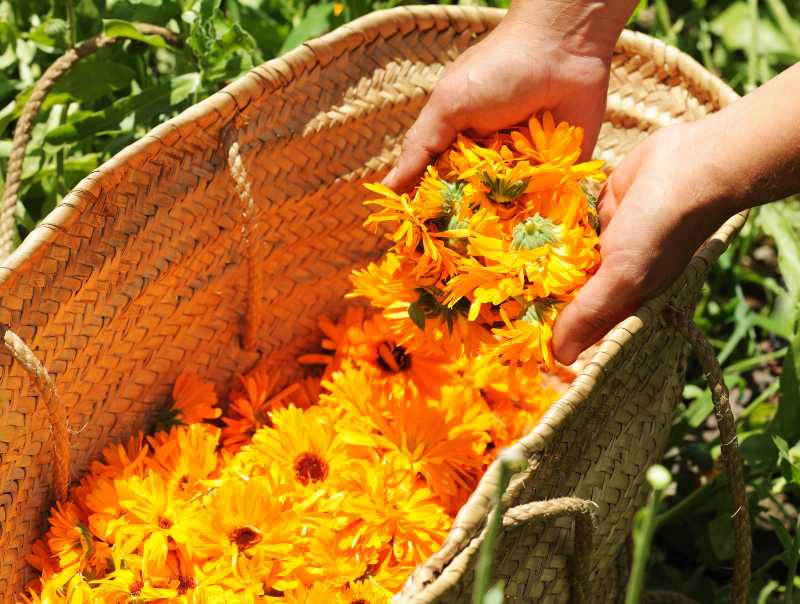
A magical wound healer, calendula's antibacterial properties work better than many antibiotics. Reach for calendula to reduce inflammation and for first aid treatment. Make an infusion of the leaves to treat itching and hot spots.
Echinacea (Purple Coneflower)
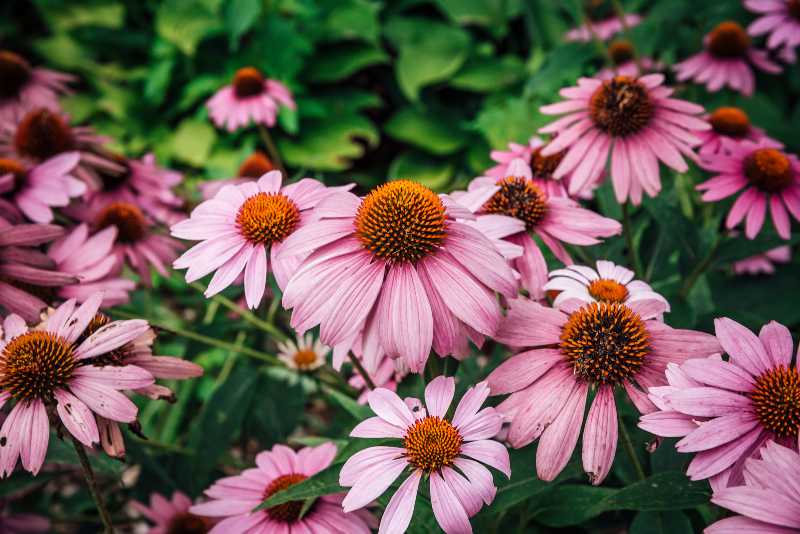
The Native Americans revered Echinacea for treating fevers, wounds, and snakebites. Purple coneflower is a popular flower in garden landscaping for its beauty, but it's also a powerful immune system builder.
Echinacea is best taken at the beginning of a fever or infection to use the medicinal properties effectively.
Fennel
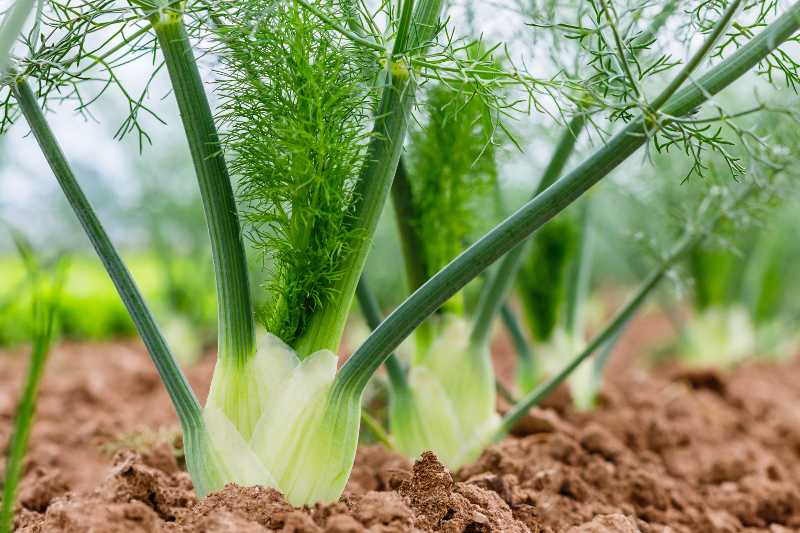
Fennel seeds are an excellent digestive aid and are used for expelling intestinal parasites. Fennel nourishes and cleanses the cells and tissues in the body. The whole plant can be added to your dog's meals to enhance health.
Parsley
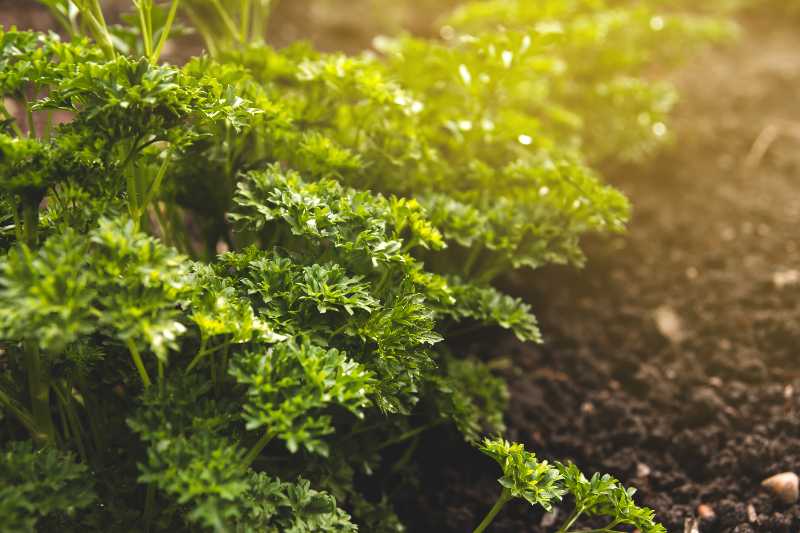
Parsley prevents disease by maintaining proper pH levels. Parsley is mineral-rich and also aids digestion. It nourishes the kidneys and bladder and even freshens the breath!
Rosemary
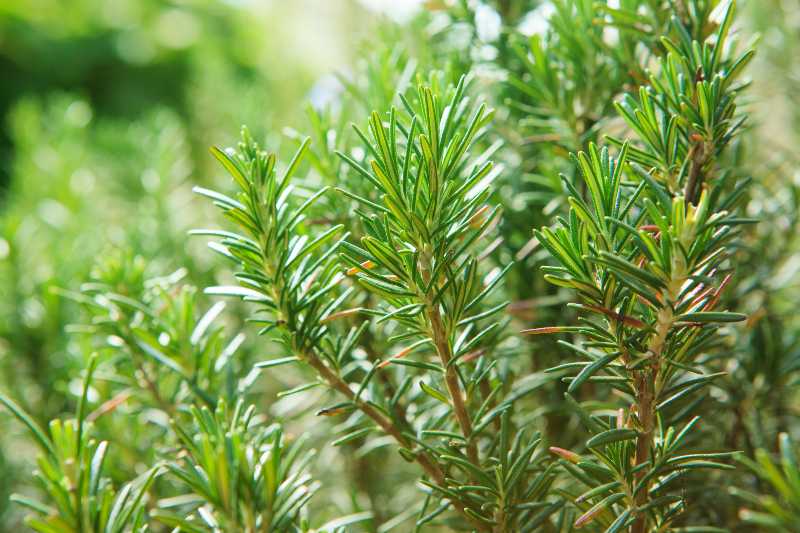
Rosemary is wonderful for the skin—it has antifungal, antibacterial, and antiseptic properties. This fragrant herb also aids digestion. It makes a wonderful rinse for your dog's bath to promote hair growth and enhance rich luster and color tones in the fur.
Sage

Sage has been referred to as a “heal-all” herb since ancient times. Sage can be added to your dog's meal every day to promote health. Sage has a rich history of healing the body of many diseases.
Lavender
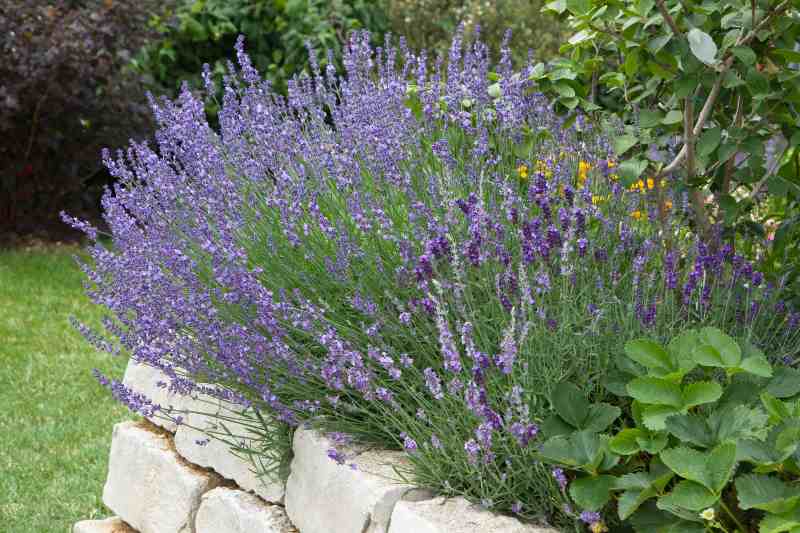
Lavender reduces the buildup of excessive skin oil-a a perfect remedy to use on greasy and smelly dogs. Lavender inhibits the bacterial growth in the greasy coat that causes the odor.
Make a lavender rinse for your dog's coat to help with skin irritations and inflammation. Lavender also heals wounds and regenerates tissue.
This year, plan to grow a dog herbal garden. In fact, expand the herb garden a bit and you'll have plenty of herbs for your dog and your family too!
Use the herbs daily in your dog's species-appropriate diet to prevent disease and promote health.
©2011 Shanna Ohmes

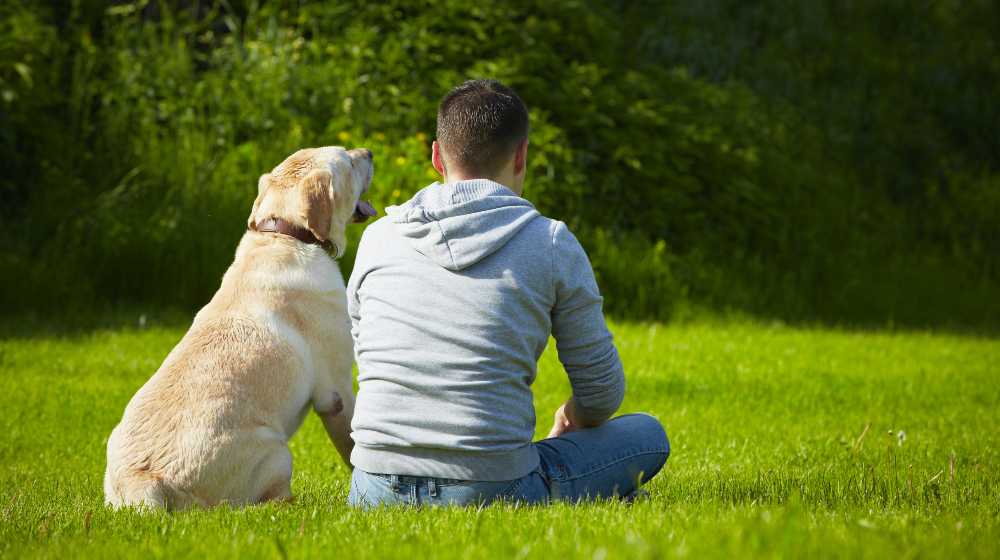











TommyBoy
November 13, 2021 at 6:30 PM
Garlic is toxic to dogs – shit, do some research! Almost as bad as telling people to use aluminum in their stills!